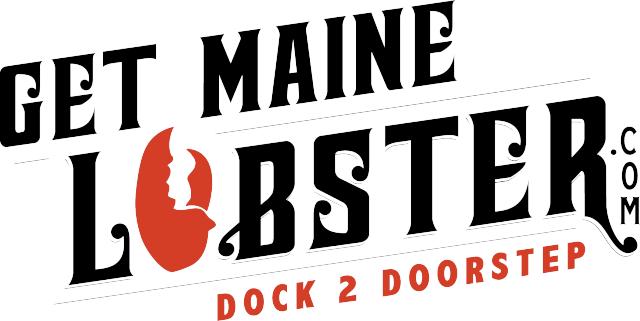Deal Abstract
https://www.seedinvest.com/lobster/seed
Dock to doorstep e-commerce play for Get Maine Lobster (Black Point Seafood.) This is a retroactive deal memo. Sought to raise $1MM, minimum $450k, at a $9MM valuation. Another example of a straightforward e-commerce business model raising crowdfunding money in an unorthodox way.
Decision
No.
Why Investing/Passing
- E-commerce is the right way to do this business, but raising money in equity form to spend more on marketing seems unnecessary.
- The business is built to scale, but I don’t see the consumption of seafood as a suddenly rapid growing business.
- It took 9 years to grow to an estimated valuation of $9MM.
The 11 Calacanis Characteristics
Passed on 4/11.
| Check | Pass/Fail |
| 1. Syndicate lead has >5 years investing and >1 unicorn investment | Fail |
| 2. A startup that is based in SV | Fail: (Portland, ME) |
| 3. Has at least 2 founders | Fail |
| 4. Has product in the market | Pass |
| 5. 6 months of continuous user growth or 6 months of revenue. | Pass |
| 6. Notable investors? | Fail |
| 7. Post-funding, will have 18 months of runway | Pass: this business is raising money to expand, not because it’s not profitable/sustainable. |
| 8. Proprietary technology? | Fail |
| 9. Network effects? | Fail |
| 10. Economies of scale? | Fail |
| 11. Great branding? | Pass: fun brand |
The 7 Thiel Questions
- The Engineering question:
- Bad: this company is not 10x-ing anything. That said, they never purported to be.
- Bad: this company is not 10x-ing anything. That said, they never purported to be.
- The Timing question:
- Bad: though it’s a good time to be starting online e-commerce business, there’s no reason to ask why this business is positioned for exponential growth at this moment.
- The monopoly question:
- Bad: nope. That said, although there are no reasons why another lobster shop couldn’t start an e-commerce arm, that doesn’t mean that those companies are any likely to want to change their business model.
- The people question:
- Good: the founders seem well positioned to execute on this.
- The distribution question:
- Good: got to love direct to consumer.
- The durability question:
- Good: although establishments like this are hard to start and run sustainably, I’m not sure why given more time this would not be defensible.
- The secret question:
- Bad: the cost of lobster is not positioned to precipitously drop, nor is the demand for lobster (and related seafoods) going to suddenly spike upwards.
- Bad: the cost of lobster is not positioned to precipitously drop, nor is the demand for lobster (and related seafoods) going to suddenly spike upwards.
What has to go right for the startup to return money on investment:
- Get Maine Lobster is right about the shift in consumer trends, and positioned to capture a disproportionate amount of that market growth.
- There needs to be a liquidity event, either by acquisition or shareholder cash-out. It would have to be many decades of growth till this is large enough to go public a la Chipotle.
- Expansion into other seafoods/Maine specialties that have greater margins.
What the Risks Are
- There is no urgency to giving investors an exit because the business is self sustaining, but also not able to grow fast enough for a return on a reasonable time frame.
- Supplier and value chain competition: what makes it that Get Maine Lobster can compete more effectively than Whole Foods/Amazon Fresh?
- The business of selling lobster online, despite being no longer limited geographically, doesn’t tap into some giant, national untapped demand for fresh Maine lobster.
Updates
Raised $476k for the business. Demonstrates that there is a demand for ownership in normal, non-venture backable businesses via equity crowdfunding.
Get Maine Lobster, like Death & Co is a business that is not a good fit for venture capital but still a solid business and fulfills the aims of the founders and operators just fine. Get Maine Lobster is at least an e-commerce play, but even then, unless shipping costs, raw material costs, etc. go down precipitously, or demand goes up, this business is just another business that should bootstrap it’s way up and, at best, expand to other products. Most businesses don’t need venture capital, nor do most entrepreneurs need to start venture back-able businesses to have a great business and lifestyle.

